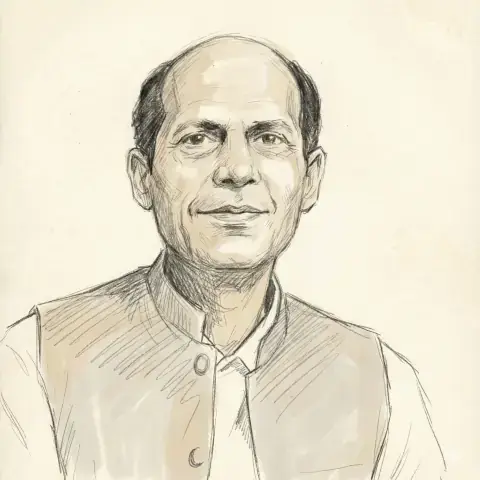ISLAMABAD: As many as 141 of the total 342 members of the National Assembly (41pc) did not partake in the debate on Finance Bill 2020 during the budget session held between June 5 and June 30.
The Free and Fair Election Network (Fafen) in a report said most of such lawmakers belonged to the ruling PTI and its allies (75 MNAs) while the number of those belonging to the opposition benches was 65.
Among the non-participating members, 60 belonged to PTI, 36 to the PML-N, 24 to PPPP, five to the PML, four each to BAP and MMA, three to GDA, two to the MQM and one each to the AMLP and JWP and an independent.
The session comprising 18 sittings witnessed introduction of the Finance Bill during the fifth sitting while the budget process consumed 14 out of the total 18 sittings.
As many as 199 out of the 340 lawmakers (59pc) participated in the general discussion on the budget despite the Covid-19 pandemic while the debate continued for 62 hours and 42 minutes (60pc of the proceedings). Whereas 230 out of the 341 lawmakers (67pc) participated in the general discussion on the budget during the previous budget session which continued for 68 hours and 44 minutes (64pc of the proceedings).
During the budget session (22nd), the male and female lawmakers consumed 81pc and 19pc of its time, respectively. Out of 342 total members, one seat is lying vacant due to the death of MMAP lawmaker Munir Khan Orakzai.
Out of 199 lawmakers - 152 men and 47 women - who took part in the budget debate, 95 belonged to PTI followed by PML-N (48), PPPP (31), MMAP (11), MQMP (five), BNP-M (four), independent (three) and one each of BAP and ANP.
During the previous budget session, 230 lawmakers – 174 men and 56 women –took part in the debate of which 101 belonged to PTI, followed by PML-N (53), PPPP (41), MMAP (14), MQMP (six), BAP (five), BNP-M (four),PML and GDA (two each), ANP and Independent (one each).
Around 42pc of the time allocated for the budget discussion this year was consumed by PTI lawmakers, 27pc by PML-N lawmakers, 19pc by PPPP, five percent by MMAP and the remaining seven percent by legislators of other parties.
During the last budget session, around 35pc of the time allocated for the discussion was consumed by PTI lawmakers, 28pc by PML-N, 24pc by PPPP, six percent by MMAP and remaining seven percent by legislators of other parties.
The prime minister attended four out the 18 sittings while the leader of the opposition did not attend any of the sittings as he contracted Covid-19 before the start of the session.
The presence of parliamentary leaders showed slight variance with the BAP and PML-N leaders attending all the 18 sittings followed by leaders of PPPP (15), MMAP (12), BNP-M (five), JWP (three) PML (11), MQM and ANP (two) and none by AMLP leader.
The National Assembly met for 105 hours and four minutes cumulatively during 18 sittings between June 5 and June 30. Each sitting started 19 minutes behind the schedule and continued for five hours and 50 minutes on an average. Moreover, every sitting had an average of 41 (12pc) lawmakers’ presence at the commencement and 52 (15pc) lawmakers at the adjournment while five out of 10 minority lawmakers attended each sitting.
According to official attendance records of plenary sittings, average attendance during the session remained 182 (53pc) lawmakers per sitting. The highest attendance, 294 lawmakers, was recorded during 17th sitting and the lowest, 142 lawmakers (42pc), during 10th sitting.
The leader of the House attended nearly five percent of the proceedings (five hours and 40 minutes) and remained present in four out of 18 sittings.
The leader of the opposition did not attend any sitting.
The speaker was present in 14 sittings and presided over 27pc of the proceedings (28 hours and 29 minutes) while the deputy speaker attended 17 sittings and chaired 34pc of the proceedings (35 hours and 43 minutes). The members of the panel of chairpersons presided over36pc (37 hours and 26 minutes) of the proceedings while the remaining three percent (three hours and 27 minutes) of the session’s time was consumed in breaks or suspension of the proceedings.
Published in Dawn, July 15th, 2020




































